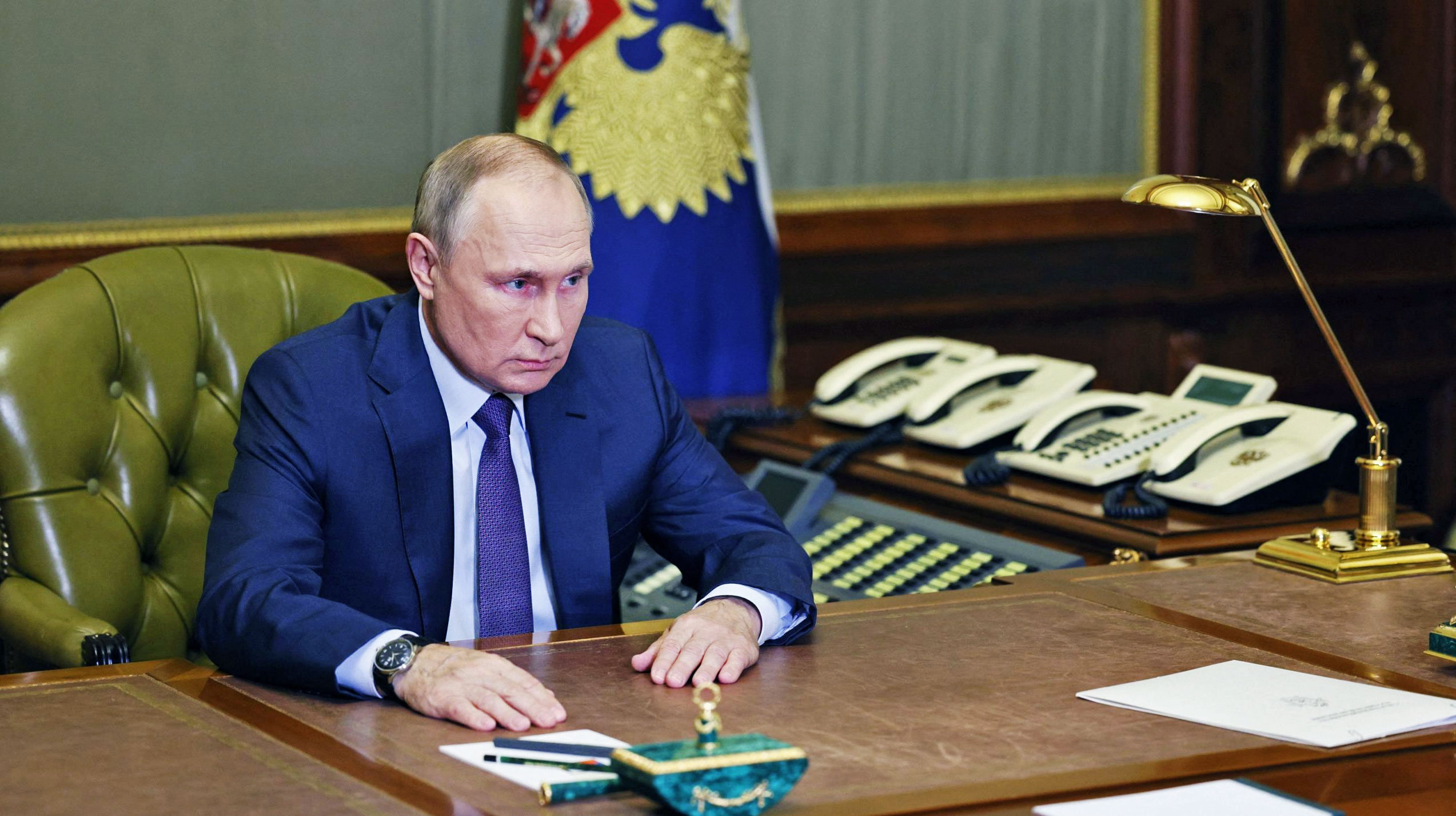As Russia escalates its attacks on Ukraine in response to the success of the Ukrainian counter-offensive, analogies abound. Is it a rerun of the Cuban Missile Crisis? Is Putin’s aggression akin to Hitler’s expansionism? Is it like the First World War? Yet one way in which this crisis is novel is that, despite the war fever in the media, there is little evidence of the mass mobilisation and mass passion that we have seen in previous rounds of great power rivalry and conflict.
Writer Malcom Kyeyune makes the case that the Ukraine crisis most closely mirrors the eve of the First World War. One of the abiding images of that war is the celebratory crowds thronging public squares and plazas across Europe — war enthusiasm that resulted in mass conscription. The contrast with today could not be starker: Putin’s conscription drive is propelling Russian men to flee their country in droves. Similarly, the US has fallen 25% short of its recruitment target for this year. Seeing the social media videos of drunken Russian conscripts being herded onto buses and ethnic minority Russians remonstrating with recruitment officers, it does not take a lot to imagine the scenes here in the UK if there was a conscription drive in our densely populated urban areas.
Carl von Clausewitz famously said that war is the continuation of politics by other means. The inability to imagine, let alone practically enact, mass mobilisation reflects atomised and consumerist societies in which politics is passively observed, whether in the democratic West or the authoritarian East. For example, throughout its Forever Wars the US avoided mass mobilisation, with President George W. Bush notoriously encouraging US citizens to consume more in order to prop up the economy, while intensifying military deployment so as to avoid having to draw more forces into theatre. This was followed by the shift to more special forces and expanded drone strikes under the Obama administration.
Such politics are the outcome of a long and conscious collective effort that emerged in the wake of the First World War, to de-massify war itself. The masses were drawn into politics through promises made to them by elites as recompense for their suffering. Such promises inflated popular expectations of the post-war era, in some cases even to the extent of revolution, as was seen in Russia (1905 and 1917) and in Germany (1919).
The intimate connection between industrial war and proletarian revolution was understood well enough that, as historians Gabriel Kolko and Azar Gat have demonstrated, most of the distinctive military strategies that emerged across the last century were expressly devised in order to avoid imposing the kinds of costs — especially in blood — that necessitated making promises to the masses. This was true of strategies such as the blockade by the Royal Navy, RAF terror bombing, Nazi Blitzkrieg and US containment, among others. It was also believed that de-massifying politics would help defuse the nationalist passions that fuelled conflict, facilitating diplomacy once elites were freed from explicit commitments to their national populations.
The Forever Wars and the West’s stoking of a proxy war with Russia in Ukraine give the lie to this view. Far from inaugurating a liberal peace, hi-tech weaponry and demobilised populations have given state elites greater leeway to pursue one war after another. It is no coincidence that the Forever Wars coincided with the peak of political apathy and disengagement across the industrialised world. If we are to avoid a Third World War, we can only do it by drawing the masses into politics once more, to check our reckless and warmongering elites.











Join the discussion
Join like minded readers that support our journalism by becoming a paid subscriber
To join the discussion in the comments, become a paid subscriber.
Join like minded readers that support our journalism, read unlimited articles and enjoy other subscriber-only benefits.
Subscribe